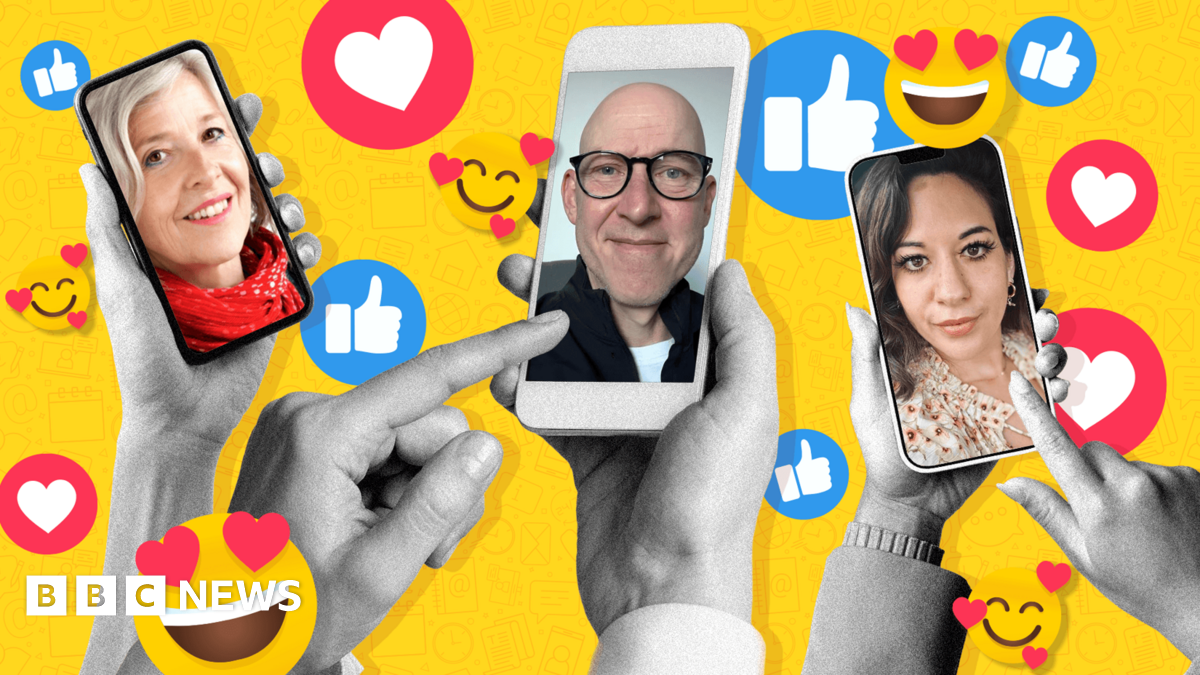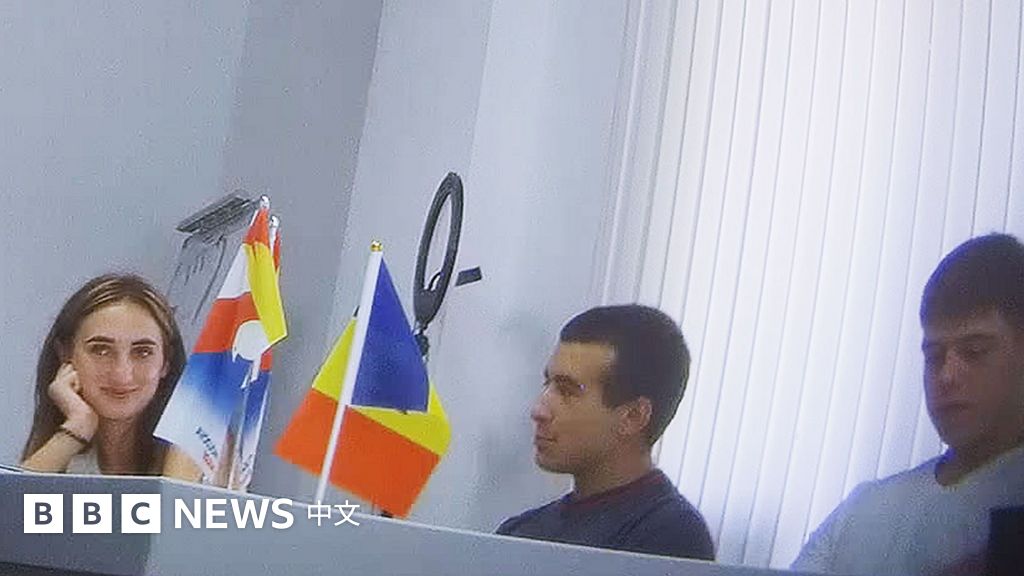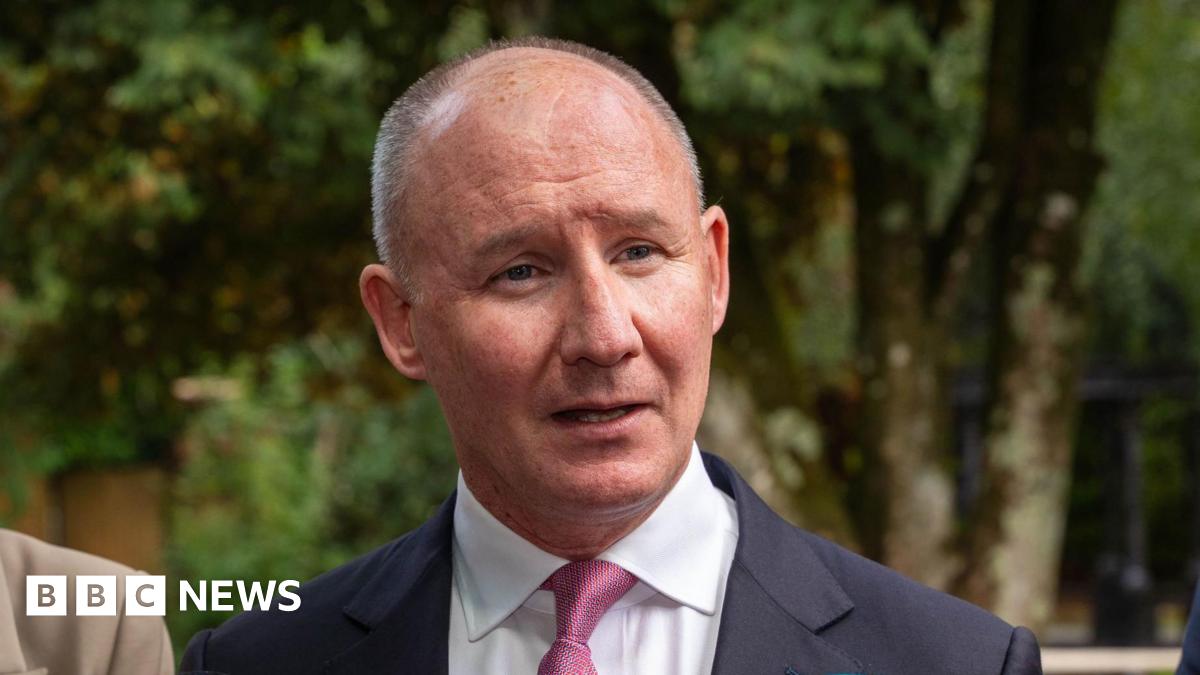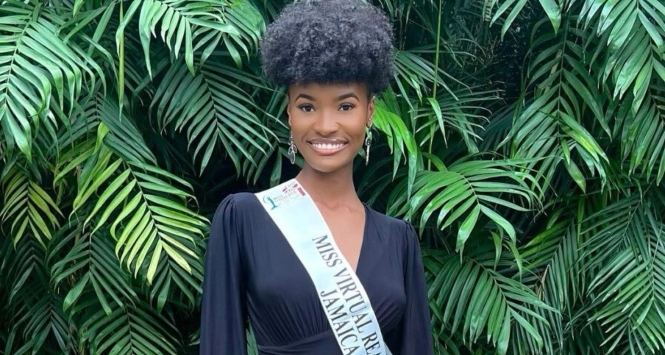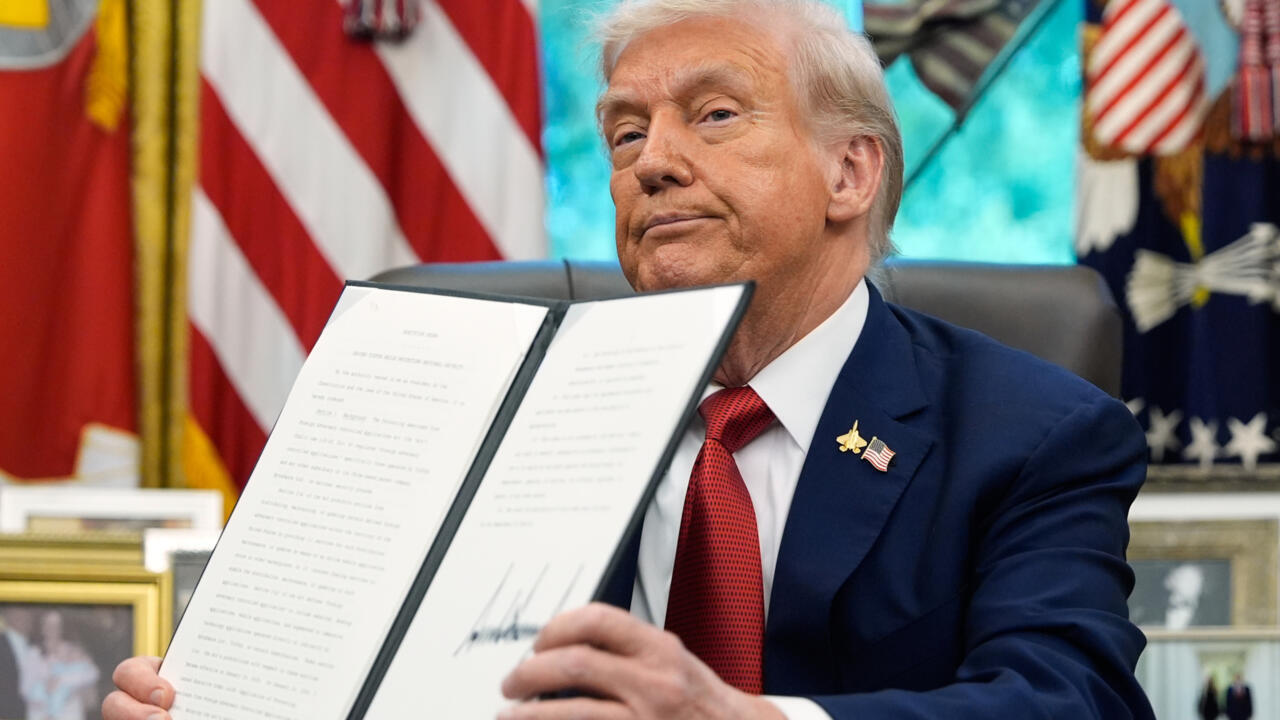Her first video has just two views and subsequent content about pottery and her cat also don't perform well.
After weeks of silence and doubt, Emily's video about how pottery saved her life reaches thousands and other stroke survivors message her to praise her content.
She is proud of the impact she makes. "That comment meant more than a thousand likes as I actually resonated with someone and that's more valuable."
The success of her video comes with an unexpected burden: she is overwhelmed with the responsibility of engaging with comments.
Emily also struggles to make her content feel authentic - every time she speaks to the camera she feels as if she's putting on a performance.
"I don't feel like I'm doing myself justice and I'm disappointed in what I'm making," she says. "I feel like a bit of a fraud."
Addressing sensitive topics such as recovery from a stroke means the stakes are higher for Emily.
"There is less room for error and you don't want to say anything that could be misconstrued and that can be hard to think about constantly," she says.
Near the end of the experiment, Emily is dealing with issues in her personal life and finds it a challenge to keep creating content. She decides to take a break from social media but may return in the future.
[SRC] https://www.bbc.co.uk/news/articles/cy7pe3l3d6no
 Visit the website
Visit the website
